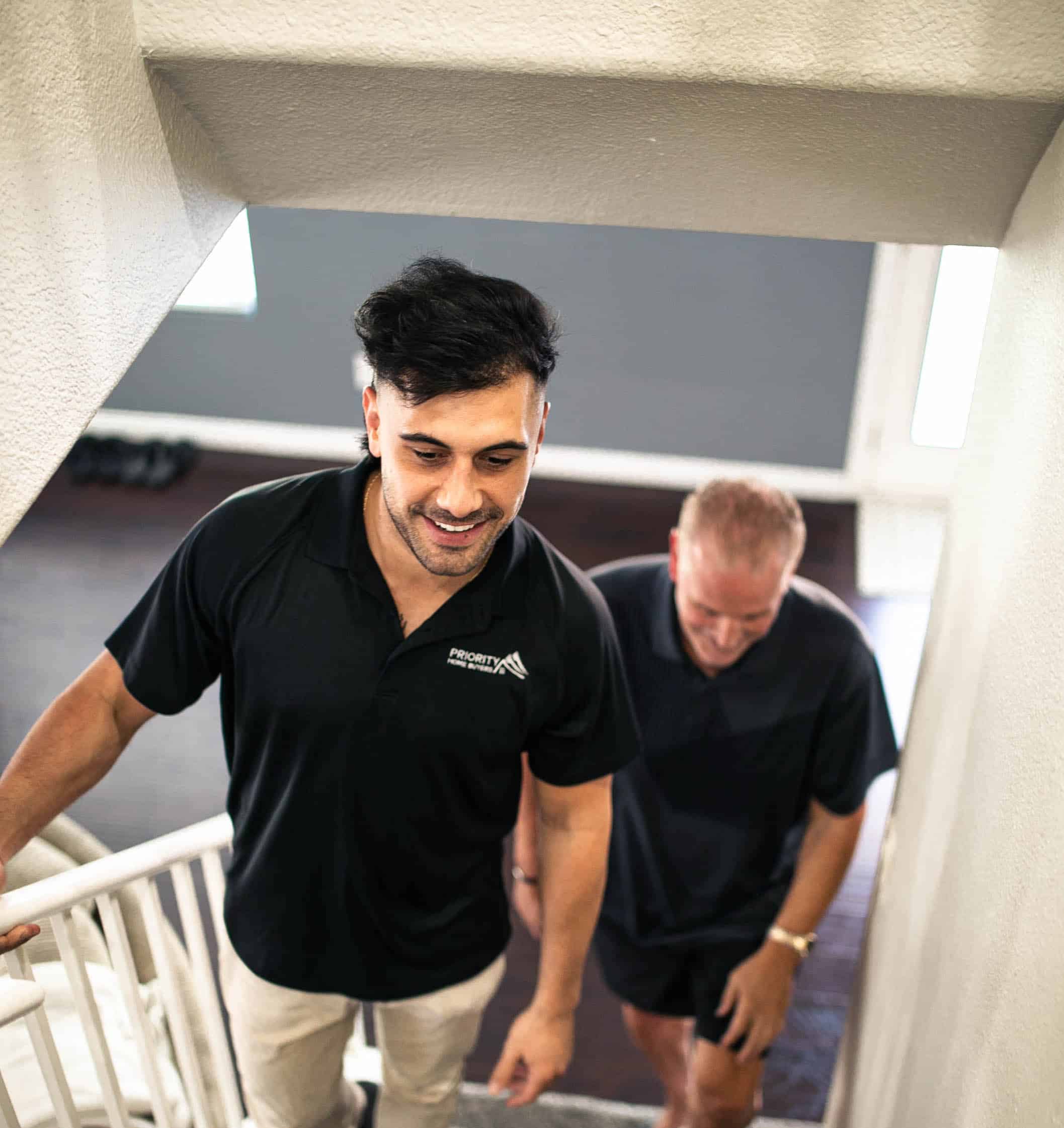Adverse Possession Laws Florida
A squatter is an individual who resides on someone else’s unoccupied property without legal authorization. Typically, they take up residence in residential buildings that have been foreclosed or abandoned, essentially living there without paying rent.
While squatters do possess certain rights, they are subject to meeting specific adverse possession criteria. Failing to meet these requirements could categorize them as criminal trespassers.
Learn more about Squatting in the US HERE.
Florida Squatter Law
Squatting in Florida isn’t an instant crime – there are some situations where it might be legally permissible. It’s only considered trespassing once the landlord or owner has made it clear the squatter is unwelcome. If squatters want to make an adverse possession claim, they typically need to pay property taxes and possess a color of title.
The go-to legal way to boot squatters out is by following Florida’s standard eviction process. Florida’s squatter law has one of the lengthiest requirements – squatters need to stay put for at least seven years to claim adverse possession.
Squatters vs Trespassing
Let’s talk about the difference between squatters and trespassers. It’s a bit like comparing apples to oranges.
 A trespasser is like that friend who knows they’re crashing your party but plans to leave soon. They’re fully aware they shouldn’t be on your property, but it’s more of a temporary thing.
A trespasser is like that friend who knows they’re crashing your party but plans to leave soon. They’re fully aware they shouldn’t be on your property, but it’s more of a temporary thing.
Now, a squatter, well, they’re like someone who throws a full-blown housewarming party without an invitation. They’re not just passing through; they’re staking a claim. They’ll set up camp, get the utilities in their name, bring in the whole family, and even let their buddies know they’ve basically adopted the place as their own. It’s a whole different ball game!
How can a squatter get full control over a property?
In Florida, squatters have this legal concept called “adverse possession” up their sleeves. It’s like a secret path to property ownership. To start this claim, they need to meet five key requirements.
First, they have to be a bit “hostile,” but not in a violent way. Hostile here means actively occupying the property, even if they don’t realize it’s not theirs. It can also mean they know they’re trespassing or, sometimes, they’re making an honest mistake because of some incorrect deed.
Next, they need actual possession, which basically means living there. No squatter in their right mind would claim a property they’re not actually living in. Then comes continuous possession. In Florida, they have to stick around for a solid 7 years without any long vacations away from the place.
Exclusivity is a must, too. They can’t have roommates or lease it to someone else. It’s gotta be all about them and the property. Lastly, they can’t hide their presence there. It has to be “open and notorious.” In other words, they shouldn’t act like ghosts in the house. The real owner should know there’s someone living on their property.
Once all these boxes are checked, they can file their claim in court and potentially call the property their own. But, remember, this isn’t a quick or easy process. It’s a real legal journey!
Avoiding Squatter Troubles
 Whether you’re dealing with potential squatters or trying to prevent them from taking over your property, there are some steps you can take according to the state-specific laws that align with Florida’s laws and regulations.
Whether you’re dealing with potential squatters or trying to prevent them from taking over your property, there are some steps you can take according to the state-specific laws that align with Florida’s laws and regulations.
Before Squatters Move In Preventing squatters is a smart move, and here’s how you can do it:
- Get some security cameras and alarms. High-quality security systems might seem like a splurge, but it’s way better than dealing with a longeviction battle. Plus, it’s a surefire way to deter potential squatters. If they see your place is well-protected, they’ll likely think twice.
- Visit your vacant property regularly or ask a neighbor for help. The more you keep an eye on your place, the quicker you can spot any suspicious activity. If people know that you or someone else checks up on the property regularly, they might not see it as a tempting spot to squat.
- Make the property look lived-in. Remember, squatters want empty spaces. If the property looks like someone cares for it, even from the outside, they might think twice about settling in.
- Lock it up tight. In Florida, squatters might try to claim rights if they can easily enter your property due to unlocked doors, damaged entry points, or windows. So, double-locked doors and windows are a must, and consider installing a clearly marked fence if you don’t have one already.
- Consider a professional property management company. Having a paying tenant legally residing in your property reduces the chances of unwanted squatters. Property management experts can find reliable tenants faster than you can, in most cases. They’ve got the know-how to keep your property occupied by the right folks.
Frequently Asked Questions

Do squatters have to pay taxes?
Paying property taxes can boost a squatter’s chances of claiming adverse possession. In line with Florida’s squatters’ rights, someone can pursue adverse possession, but they must have consistently paid property taxes for seven years, even if they possess a color of title.
Can landlords get rid of Squatters?
No, they cannot. Florida lacks specific laws that permit property owners to forcibly remove squatters. The sole legal method for expelling a squatter in Florida is via the judicial eviction process.
What properties are likely to be taken up by squatters?
Any unoccupied property in Florida is susceptible to potential squatters. Abandoned structures, vacant residences, and foreclosed properties are particularly attractive to squatters.
If you own an abandoned or empty property and are worried about squatters, it’s crucial to implement preventive measures.




